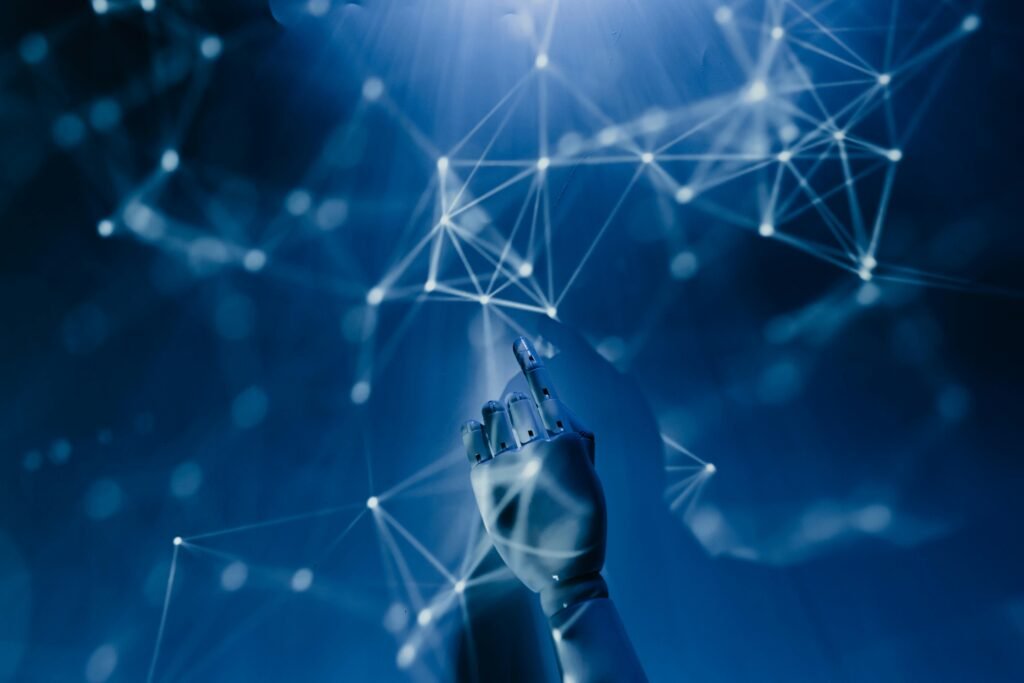Transforming the Future
Artificial Intelligence (AI) is one of the most revolutionary technologies of our time. From voice assistants like Siri and Alexa to self-driving cars and advanced medical diagnostics, AI is reshaping the way we live, work, and interact with the world.
What is Artificial Intelligence?

Artificial Intelligence refers to the development of computer systems that can perform tasks that typically require human intelligence. These tasks include:
- Learning from data (Machine Learning)
- Understanding speech and text (Natural Language Processing)
- Recognizing images and patterns (Computer Vision)
- Making decisions (Expert Systems)
In simple terms, AI enables machines to mimic human behavior and improve over time through experience.
Types of AI
- Narrow AI: Designed for a specific task (e.g., chatbots, recommendation systems).
- General AI: Hypothetical AI that can perform any intellectual task a human can do.
- Superintelligent AI: A future concept where AI surpasses human intelligence in all aspects.
How AI is Used Today
- Healthcare: AI helps doctors detect diseases early, personalize treatment, and speed up drug development.
- Finance: Used for fraud detection, credit scoring, and automated trading.
- Retail: Powers personalized recommendations and inventory management.
- Transportation: AI drives innovation in autonomous vehicles and traffic prediction.
- Education: AI tools help tailor learning experiences and automate administrative tasks.
Benefits of Artificial Intelligence
- Increases efficiency and productivity
- Reduces human error
- Offers personalized experiences
- Enables faster decision-making
Challenges of AI
- Job displacement: Automation may replace some roles.
- Bias in algorithms: AI can reflect societal biases present in training data.
- Privacy concerns: AI systems often rely on large amounts of personal data.
- Ethical dilemmas: Deciding how much control machines should have.
The Future of AI
As AI continues to evolve, it holds the potential to solve some of the world’s most pressing problems—from climate change to global health crises. However, it also requires responsible development and regulation to ensure its benefits are shared fairly.
Conclusion
Artificial Intelligence is no longer science fiction—it’s here, and it’s changing the world. Understanding AI and its impact is essential for navigating the future with confidence and awareness.

